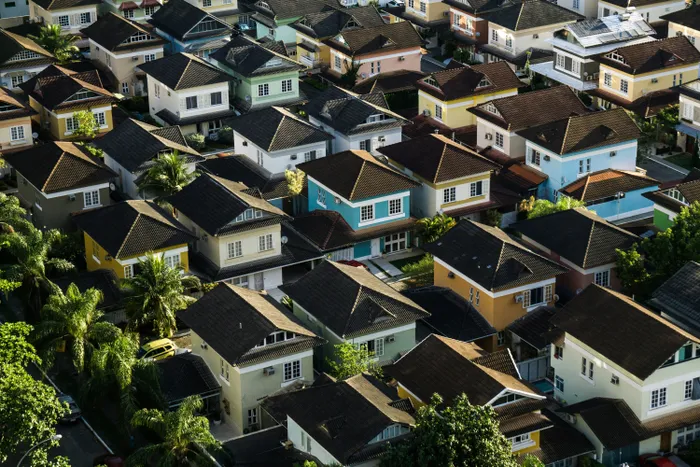Why the Reserve Bank's interest rate decision this Thursday should matter to you

The interest rate affects how much cash you have to spend.
Image: Sincerely Media/Unsplash
On Thursday, the South African Reserve Bank’s Monetary Policy Committee (MPC) will announce whether it will raise, cut or hold the repo rate — the official interest rate at which the Bank lends to commercial banks.
While the Reserve Bank may sit in Pretoria, the repo rate it sets reaches directly into your pocket, affects your every day living directly and has an impact on personal finances. The repo rate impact affects your monthly budget, consumer spending, your bond repayments, your grocery budget, your savings and the jobs the economy can create - in other words economic growth in South Africa.
While property heads such as Samuel Seeff, chairman of the Seeff Property Group, have called for another cut, some economists believe it will remain unchanged.
Some believe last month's cut was the last we will see this year.
What is the Repo Rate?
The repo rate influences borrowing costs in South Africa. When the Reserve Bank adjusts it:
- Commercial banks raise or lower their lending rates. The current prime lending rate is 10.50%, based on a repo rate of 7.00% as determined by the SARB on 31 July 2025.
- This affects home loans, car finance, credit cards and business loans. For instance a bond of R1-million at prime could be hit by R650 to R1000 rand by a 1% difference.
- Even your savings account interest is linked to it.
In short, the repo rate is the lever that shapes how expensive money is.

The interest rate affects more than just your home's bond repayments.
Image: Breno Assis/Unslash
Inflation explained
Inflation is the rise in prices over time. If bread costs R15 today and R16 next year, that’s inflation. The Reserve Bank aims to keep inflation between 3% and 6% a year.
- If inflation is too high: your money buys less, households struggle and the Bank raises rates to slow spending.
- If inflation is too low: the economy can stall, and the Bank may cut rates to encourage spending and growth.
Who benefits when rates go up?
- Savers: You earn more interest on deposits and pension funds.
- Rand stability: Higher rates attract foreign investors, often strengthening the currency.
- Inflation control: By making borrowing more expensive, demand cools and price increases slow.
Who benefits when rates go down?
- Borrowers: Home loan and car instalments drop. On a R1 million bond, a 1% cut can save close to R1,000 per month.
- Businesses: Loans for investment become cheaper.
- Households: More disposable income means more spending, which boosts the economy.
Why Thursday’s announcement matters
Right now, South Africa’s economy is fragile:
- GDP grew by just 0.8% in the second quarter — too weak to tackle unemployment meaningfully.
- Inflation, at 3.5%, is still at the lower end of the Bank’s 3–6% target.
- The repo rate, at 7.00%, is still 75 basis points higher than pre-pandemic levels.
Seeff argues another 25 basis-point cut is needed to stimulate growth, ease household debt and unlock more momentum in the housing market. He points out that inflation is stable, the rand is fairly steady and consumers need relief.
While the 25-basis point reduction in July was a welcome relief, it was "simply not enough to meaningfully stimulate the economy or property market", says Seeff. "Although the rate cuts this year have provided some relief, we are still not seeing the level of economic momentum needed to drive economic growth and create the jobs so desperately needed. The reality is that the gap between the interest and inflation is too high."
He added that the current interest rate is still some 75bps above the pre-pandemic rate (January 2020) when inflation was at 4.5%, notably higher than the current inflation rate. Seeff said there is clear evidence that when the interest rate was cut to a historic low in the 2020-2021 period, the economy grew at a more robust rate.
Economists, however, caution that while another cut may provide short-term relief, the Reserve Bank must protect its credibility. If prices rise too quickly, reversing course becomes harder.
The balancing act
Every decision the Reserve Bank makes comes down to this:
- Keep inflation under control so the value of money is stable.
- Support growth and jobs so the economy doesn’t stagnate.
For households, the bottom line is simple:
- If you owe money, you want rates lower.
- If you have savings, you want rates higher.
South Africans wait with bated breath.
Related Topics: